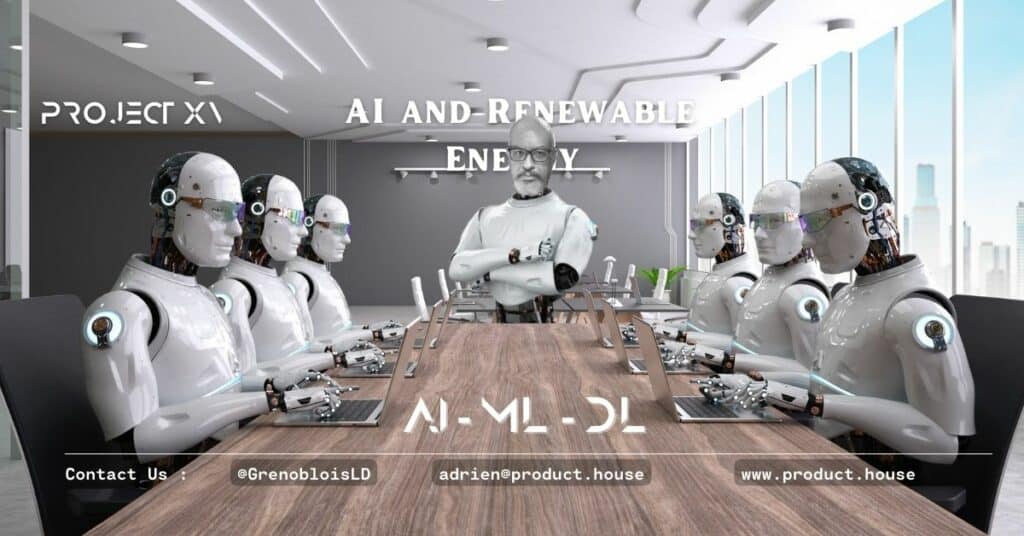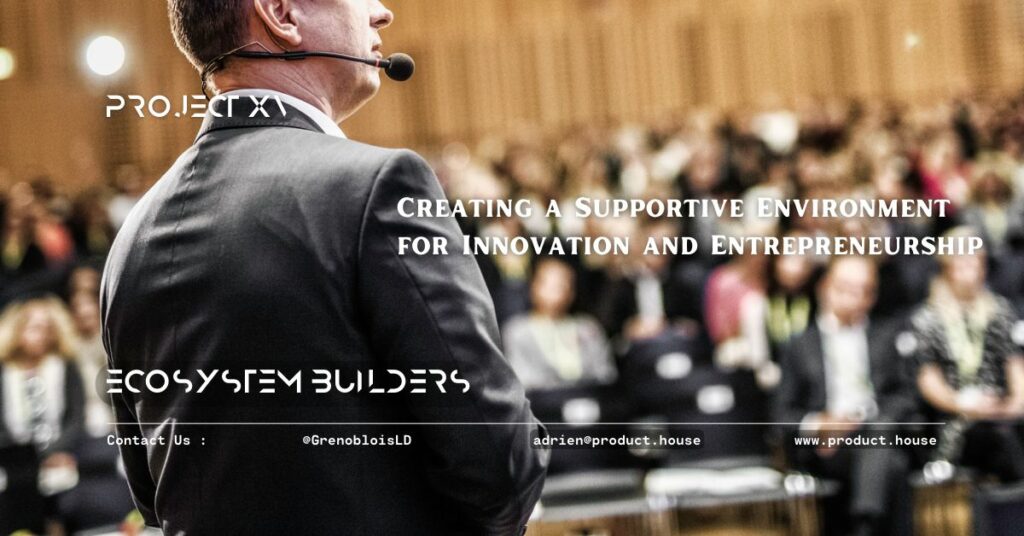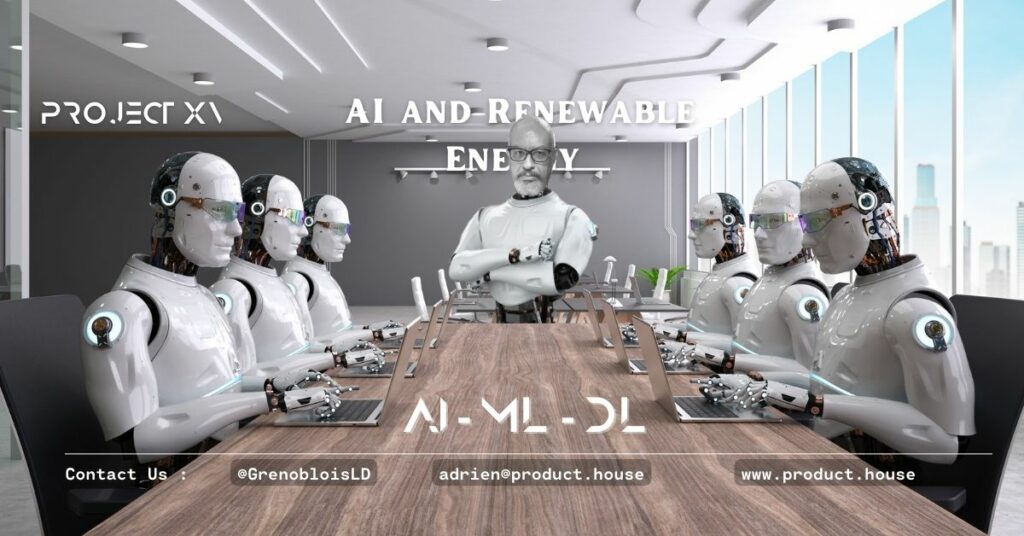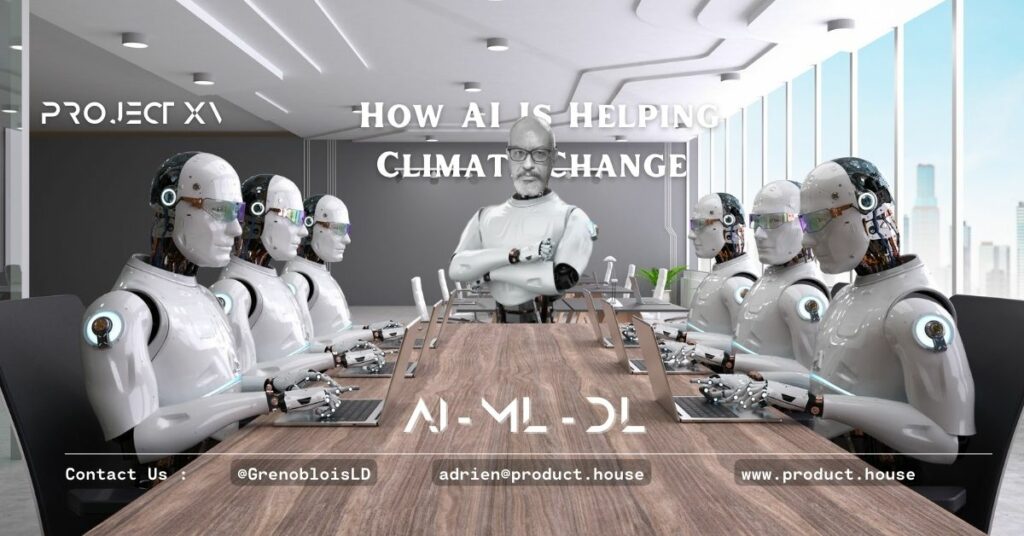AI and Renewable Energy: A Look at the Future of Sustainable Power Generation

Renewable energy has emerged as a viable alternative to fossil fuels in recent years, with the development of wind, solar, and hydroelectric power sources. The shift towards renewable energy has been driven by concerns about climate change and the need to reduce greenhouse gas emissions. However, the integration of renewable energy into the power grid presents several challenges, such as intermittency and variability. This is where artificial intelligence (AI) comes in – it can help optimize the performance of renewable energy sources and facilitate their integration into the power grid.
AI and Wind Energy
Wind energy is a promising source of renewable energy, but its effectiveness is limited by the variable nature of wind. AI can help overcome this challenge by predicting wind patterns and adjusting wind turbine settings accordingly. AI can also monitor the performance of wind turbines in real-time and detect any issues that may require maintenance.
AI and Solar Energy
Solar energy is another promising source of renewable energy, but its effectiveness is limited by the intermittency of sunlight. AI can help optimize solar energy production by predicting cloud cover and adjusting solar panel orientation accordingly. AI can also help detect any issues with solar panels, such as dirt or damage, and schedule maintenance as needed.
AI and Hydroelectric Energy
Hydroelectric energy is a mature and reliable source of renewable energy, but its effectiveness is limited by the variability of water flows. AI can help optimize hydroelectric energy production by predicting water flow and adjusting dam settings accordingly. AI can also help monitor the performance of turbines and detect any issues that may require maintenance.
AI and Energy Storage
Energy storage is a key component of a renewable energy system, as it can help address the intermittency and variability of wind and solar energy. AI can help optimize energy storage by predicting energy demand and adjusting storage capacity accordingly. AI can also help monitor the performance of batteries and detect any issues that may require maintenance.
Benefits of AI in Renewable Energy
The use of AI in renewable energy can provide several benefits, such as increased efficiency, reduced costs, and improved reliability. AI can also help reduce the need for human intervention and improve safety by detecting potential issues before they become critical.
Challenges of AI in Renewable Energy
Despite its potential benefits, the use of AI in renewable energy also poses several challenges, such as the need for large amounts of data and technical expertise. The integration of AI into the power grid also raises ethical considerations related to data privacy and accountability.
Conclusion
AI has the potential to revolutionize the renewable energy sector by optimizing the performance of renewable energy sources and facilitating their integration into the power grid. However, its widespread adoption will require significant investments in data collection, infrastructure, and technical expertise. As we move towards a more sustainable future, AI will play a critical role in enabling the widespread adoption of renewable energy sources.
Reminders:
- Renewable energy sources are naturally replenished and do not deplete over time
- Integration of renewable energy into the power grid poses challenges related to variable nature of renewable energy sources, need for energy storage systems, regulatory barriers, and resistance from traditional energy producers
- AI can help optimize renewable energy production by predicting and adjusting for weather patterns, water flow, energy demand, and energy storage capacity
- Benefits of using AI in renewable energy include increased efficiency, reduced costs, improved reliability, and improved safety
- Challenges of using AI in renewable energy include the need for large amounts of data and technical expertise, as well as ethical considerations related to data privacy and accountability
FAQs:
- What is renewable energy? Renewable energy refers to energy sources that are naturally replenished, such as wind, solar, hydro, and geothermal power. These sources are considered renewable because they do not deplete over time.
- What are the challenges of integrating renewable energy into the power grid? The integration of renewable energy into the power grid poses several challenges, such as the variable nature of renewable energy sources and the need for energy storage systems. Renewable energy sources can also face regulatory barriers and resistance from traditional energy producers.
- How can AI help optimize wind energy production? AI can help optimize wind energy production by predicting wind patterns and adjusting wind turbine settings accordingly. AI can also monitor the performance of wind turbines in real-time and detect any issues that may require maintenance.
- How can AI help optimize solar energy production? AI can help optimize solar energy production by predicting cloud cover and adjusting solar panel orientation accordingly. AI can also help detect any issues with solar panels, such as dirt or damage, and schedule maintenance as needed.
- How can AI help optimize hydroelectric energy production? AI can help optimize hydroelectric energy production by predicting water flow and adjusting dam settings accordingly. AI can also help monitor the performance of turbines and detect any issues that may require maintenance.
- How can AI help optimize energy storage? AI can help optimize energy storage by predicting energy demand and adjusting storage capacity accordingly. AI can also help monitor the performance of batteries and detect any issues that may require maintenance.
- What are the benefits of using AI in renewable energy? The use of AI in renewable energy can provide several benefits, such as increased efficiency, reduced costs, and improved reliability. AI can also help reduce the need for human intervention and improve safety by detecting potential issues before they become critical.
- What are the challenges of using AI in renewable energy? Despite its potential benefits, the use of AI in renewable energy also poses several challenges, such as the need for large amounts of data and technical expertise. The integration of AI into the power grid also raises ethical considerations related to data privacy and accountability.
- What kind of data is required for AI in renewable energy? AI in renewable energy requires large amounts of data on energy production and consumption, as well as weather patterns and other environmental factors that affect energy production. This data is used to train AI algorithms and make accurate predictions about energy production and demand.
- Who are some experts in the field of AI and renewable energy? Some experts in the field of AI and renewable energy include Dr. Fatih Birol, Executive Director of the International Energy Agency, and Dr. Kostas Stamoulis, Director of the Agricultural Development and Climate Change Division at the Food and Agriculture Organization of the United Nations.
List of Resources:
- International Renewable Energy Agency (IRENA): IRENA is an intergovernmental organization that promotes the widespread adoption of renewable energy sources.
- National Renewable Energy Laboratory (NREL): NREL is a US government laboratory that conducts research on renewable energy technologies.
- Energy Information Administration (EIA): EIA is a US government agency that collects and analyzes data on energy production and consumption.
- Renewables 2019 Global Status Report: This report provides an overview of the current state of renewable energy worldwide, including trends and challenges.
List of Books:
- “Renewable Energy: Power for a Sustainable Future” by Godfrey Boyle: This book provides an introduction to renewable energy sources and their potential for sustainable power generation.
- “Artificial Intelligence in Energy and Renewable Energy Systems” by Soteris Kalogirou: This book explores the applications of AI in energy and renewable energy systems.
- “Renewable Energy Finance: Powering the Future” by Charles W. Donovan: This book provides an overview of the financial aspects of renewable energy projects and their potential for long-term investment.
List of Relevant Experts:
- Dr. Fatih Birol, Executive Director, International Energy Agency: Birol is an expert in energy policy and the transition to renewable energy sources.
- Dr. Kostas Stamoulis, Director, Agricultural Development and Climate Change Division, Food and Agriculture Organization of the United Nations: Stamoulis is an expert in the intersection of agriculture, climate change, and renewable energy.
List of Potential Case Studies:
- The use of AI to optimize wind energy production in offshore wind farms.
- The use of AI to predict and prevent energy blackouts in renewable energy systems.
- The use of AI to optimize energy storage in microgrids.
List of Examples of Use:
- AI-powered wind turbines that adjust their settings based on wind patterns.
- AI-powered solar panels that adjust their orientation based on cloud cover.
- AI-powered energy storage systems that optimize storage capacity based on energy demand.
Glossary:
- Renewable energy: Energy generated from sources that are naturally replenished, such as wind, solar, and hydroelectric power.
- Intermittency: The variable nature of renewable energy sources, which can fluctuate in response to weather patterns and other environmental factors.
- Energy storage: The use of batteries or other technologies to store excess energy generated by renewable sources for later use.
- AI algorithms: Computer programs that use machine learning techniques to analyze data and make predictions.





